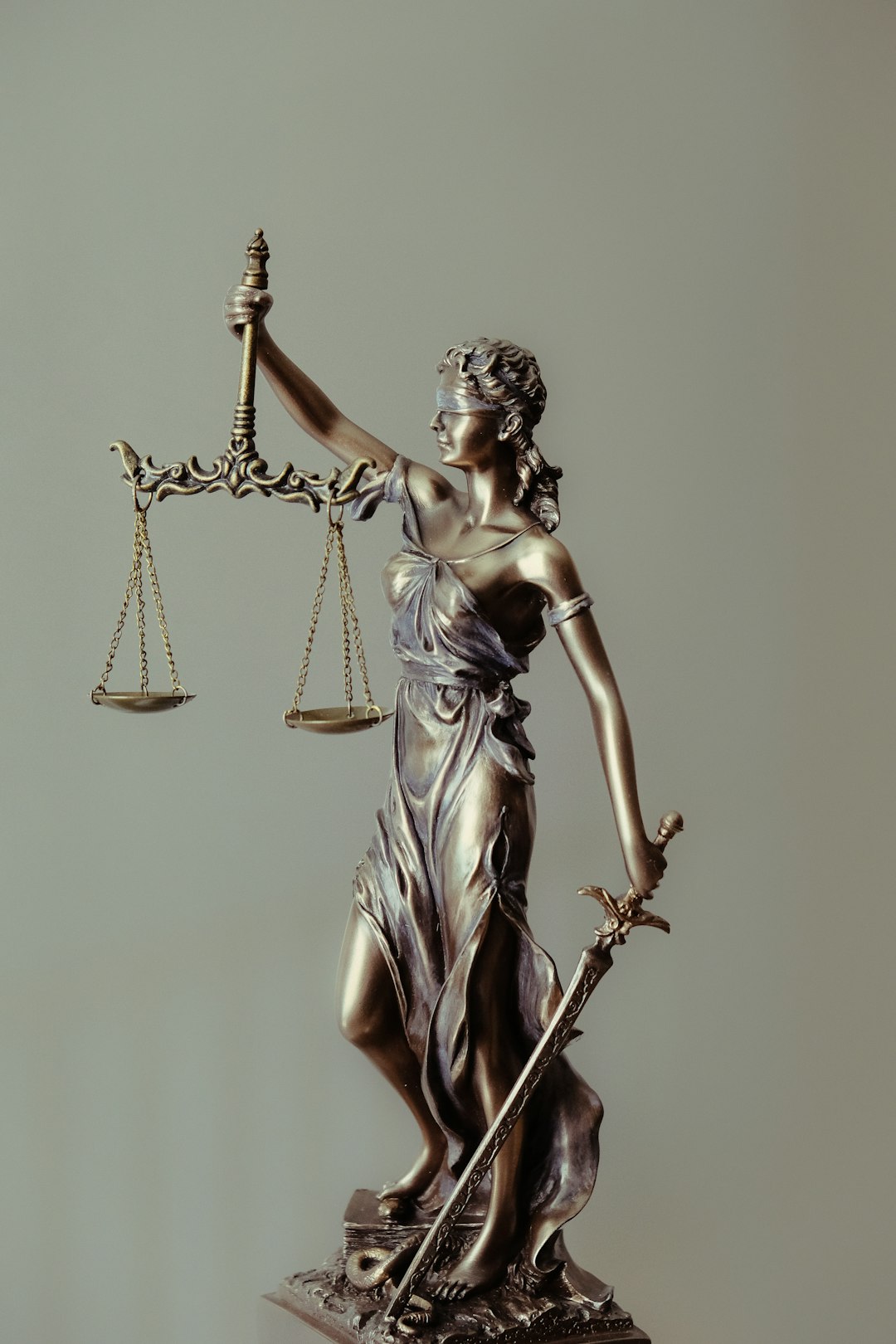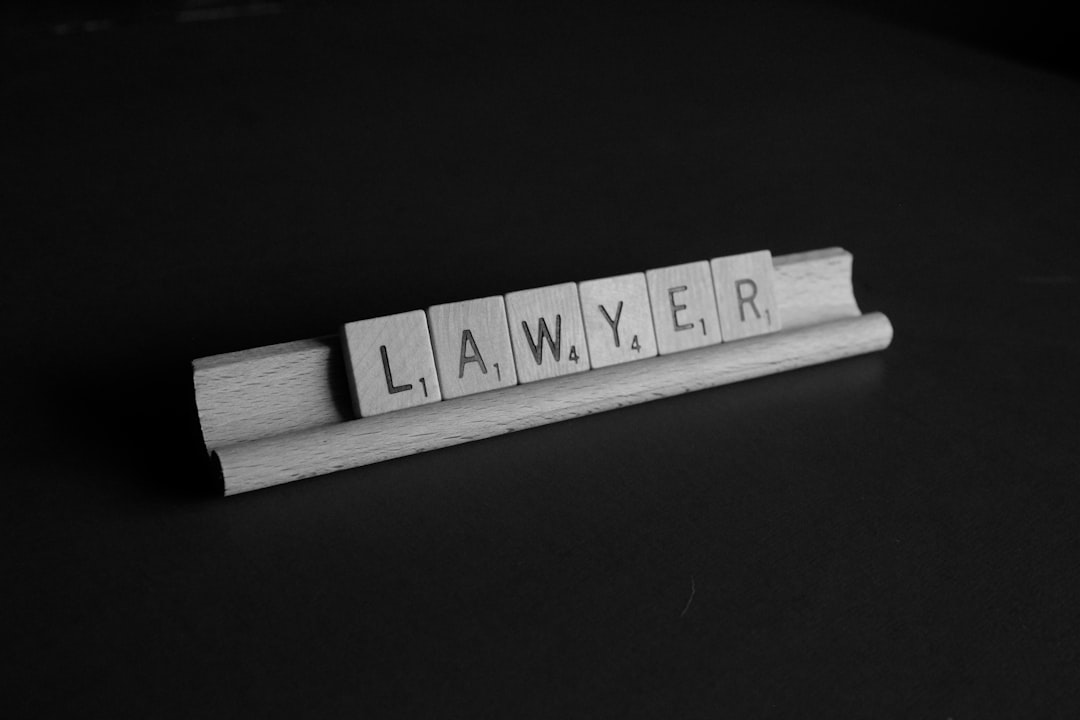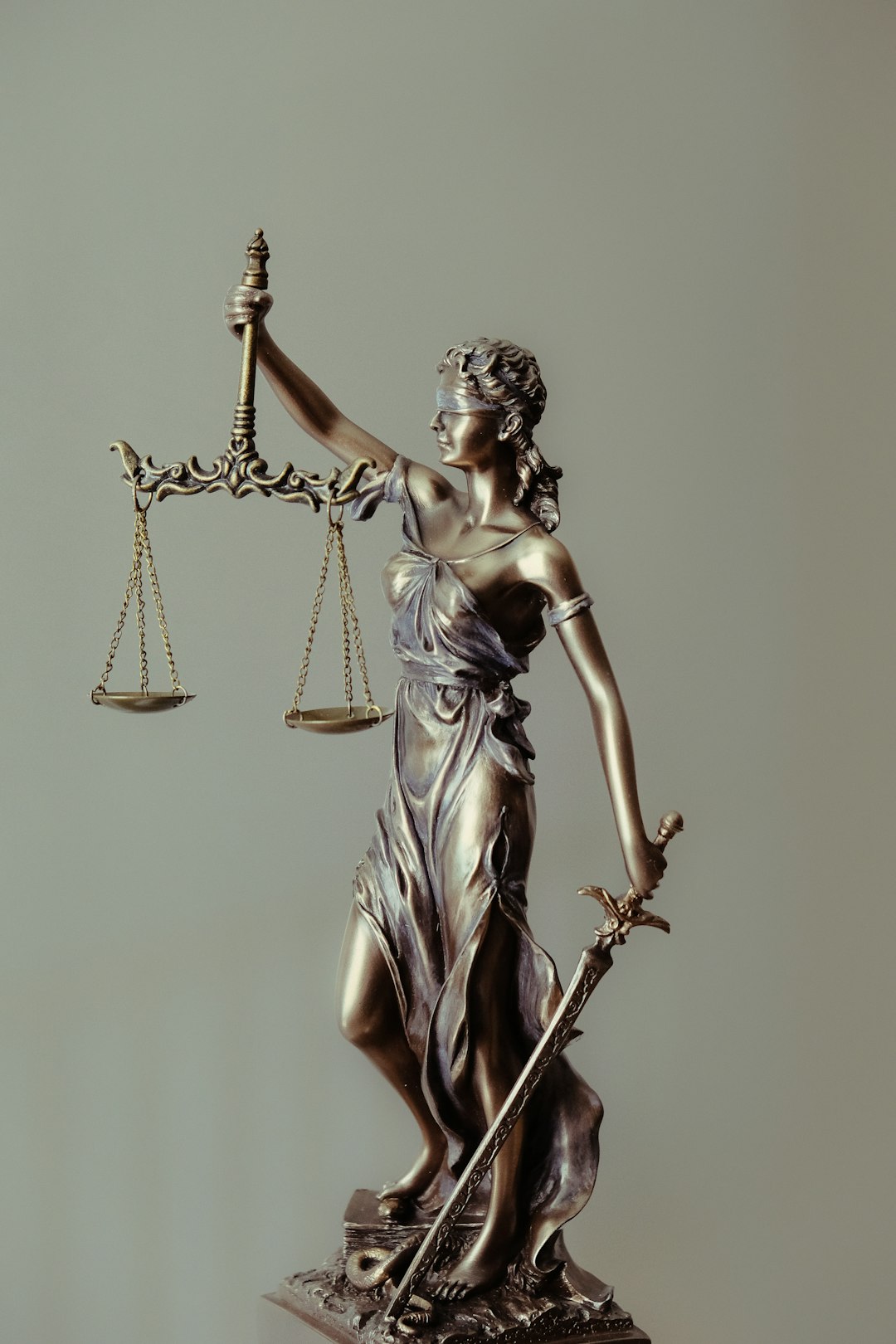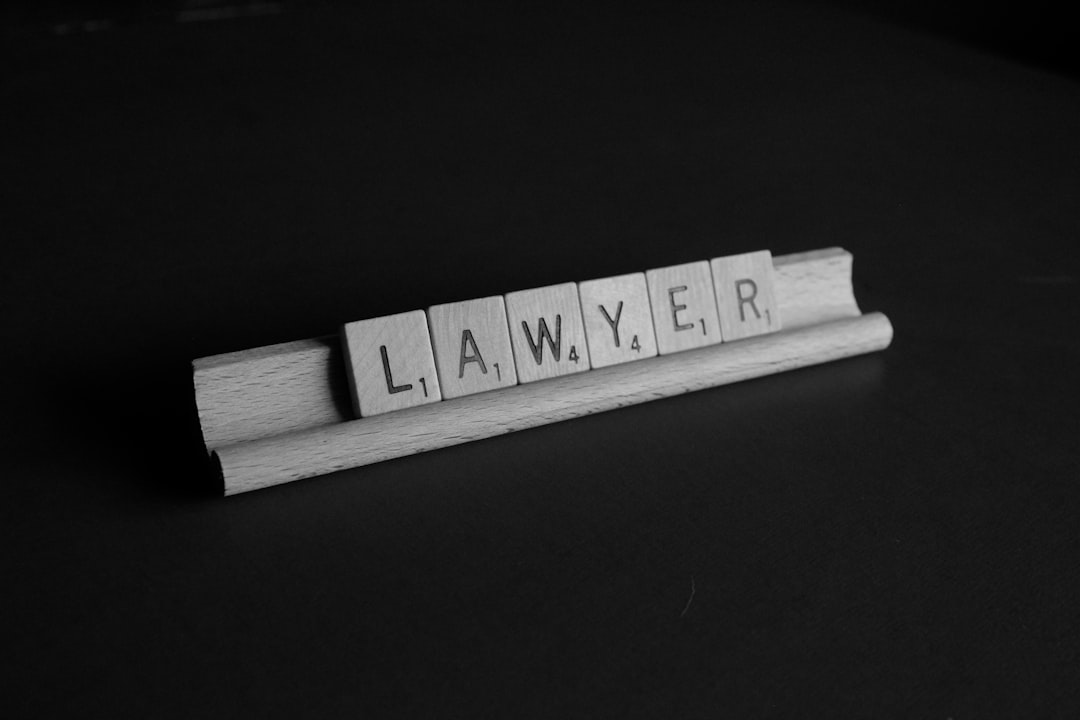In Washington, understanding and navigating sexual abuse laws is crucial for survivors seeking justice. This article guides you through the complex landscape of sexual abuse cases, offering insights into key aspects like state-specific legal processes, steps to take after an incident, and the importance of hiring qualified sexual abuse lawyers in Washington. Additionally, we explore available support and resources dedicated to helping survivors heal and recover.
Understanding Sexual Abuse Laws in Washington

In Washington, sexual abuse laws are designed to protect victims and ensure justice for those who have suffered from such heinous crimes. These laws cover a range of offenses, including rape, sexual assault, and exploitation, with strict penalties for perpetrators. A sexual abuse lawyer in Washington plays a vital role in navigating these complex legal frameworks, providing expertise that can make all the difference for survivors seeking redress.
Understanding the state’s specific statutes and case precedents is crucial when pursuing a case. A qualified attorney can help victims navigate the often-intimidating legal system, ensuring their rights are protected throughout the process. They guide clients on reporting crimes, gathering evidence, and understanding the various stages of litigation. Moreover, these legal experts can offer invaluable support, ensuring survivors focus on healing while they handle the intricate details of building a strong case against their abusers.
Navigating Legal Process: Steps After Abuse

After experiencing sexual abuse, victims often face a complex and daunting legal process. The first step for survivors is to seek medical attention to document any injuries and collect evidence. This includes reporting the abuse to local law enforcement, who will initiate an investigation. A sexual abuse lawyer in Washington can guide victims through these initial steps, ensuring their rights are protected.
Victims should then gather all relevant information, such as details about the abuser, any witnesses, and records of medical treatment or counseling. It is crucial to consult a qualified attorney who specializes in sexual abuse cases to understand the legal options available. They can help file civil lawsuits against the perpetrator, seeking compensation for damages incurred due to the abuse.
Finding Qualified Sexual Abuse Lawyers

When it comes to finding a sexual abuse lawyer in Washington, it’s crucial to select an attorney with specialized experience and a proven track record in this sensitive area of law. The process begins with identifying legal experts who have deep knowledge of state laws, local regulations, and the unique challenges associated with these cases. Online resources and legal directories can be excellent starting points to identify qualified sexual abuse lawyers in Washington.
During your search, look for attorneys who actively handle a range of sexual abuse cases, including those involving children, adults, and institutional victims. Consider lawyers who have successfully navigated complex legal procedures, secured favorable outcomes, and provided compassionate representation to clients. Past client testimonials and reviews can offer valuable insights into an attorney’s abilities and dedication, ensuring you choose the best sexual abuse lawyer in Washington for your specific needs.
Support and Resources for Survivors in WA

In Washington, survivors of sexual abuse can find support through various resources and organizations dedicated to helping them navigate their experiences. Many non-profit groups offer counseling services, legal aid, and advocacy for those who have suffered from sexual assault or harassment. These organizations provide a safe space for survivors to share their stories, seek justice, and begin the healing process.
For those considering legal action against their abusers, finding a qualified sexual abuse lawyer Washington is a crucial step. Legal professionals specializing in this field can offer expert guidance, ensuring survivors’ rights are protected throughout the legal process. With their help, survivors can pursue justice, seek compensation for their suffering, and hold perpetrators accountable.





